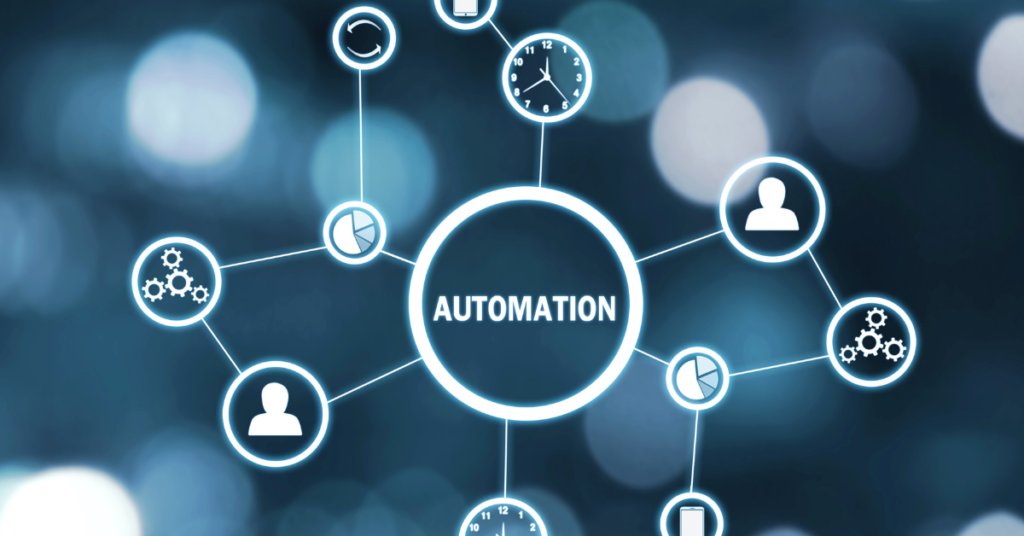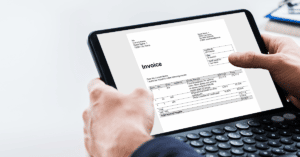Can seasoned accountants make use of artificial intelligence (AI)? Isn’t it just another catchphrase being used to promote the same software? You’ll soon notice that this state-of-the-art technology may enhance your accounting procedures just like it does in a large number of businesses from diverse industries all around the world.
The EY 2020 Global Tax and Transformation Survey found that typical tax teams spend up to 70% of their time focusing on things that AI could easily complete in a lot less time.
Many businesses employ artificial intelligence and robotic process automation to address this issue. High-calibre accountants don’t need to spend as much time on tedious, repetitive, and ultimately straightforward but time-consuming tasks.
AI reduces human mistakes and helps to improve quality. Leaders in accounting, finance, and consulting services make up more than 70% of those who think AI will affect data-driven insights.
According to PwC research, artificial intelligence will contribute to $15,700,000,000 in global economic development by 2030. The need for AI specialists and accountants who comprehend how AI works is growing. Artificial intelligence will become more valuable in accounting but what exactly is it?
What Is Artificial Intelligence (AI)?
The term “artificial intelligence” refers to the ability of computers to solve issues independently. Neural networks are a common foundation for these computers. Neural networks can restructure themselves for greater accuracy and efficiency and have a structure that is similar to that of the human brain. In this way, we aim to create a real computer brain that can solve issues more quickly and effectively than people.

Deep learning is made possible by multi-layer neural networks when issues are examined at ever-higher levels of abstraction. It implies that computers are capable of drawing conclusions that are nearly human-like in addition to analysing facts.
Computers that can identify patterns in data and learn from them are used in machine learning (ML). Two different kinds of ML exist. Machine learning is both supervised and unsupervised.
In unsupervised machine learning, you give your computer data, pose questions, and then wait for the outcomes of the data analysis. When you give the computer more information, you add another stage to supervised machine learning.
For instance, you claim that this batch of documents is false whereas the other is unambiguous. The computer then searches for patterns to identify one kind from another throughout the Machine Learning process.
These technologies have also been taught how to communicate with the outside world. Computers can now comprehend and interpret spoken or written human language thanks to natural language processing (NLP). You can tell how challenging a task it is by watching children learn to speak.
We utilise computer vision to train computers to perceive the world similarly to humans, allowing them to assess visual data and draw conclusions. AI can now evaluate documents, films, and photos as well.
These technologies can be applied commercially and are all a part of artificial intelligence. The newest technologies are also used in scientific research, but companies in the HR, FinTech, or assurance sectors also understand how to take advantage of them.
Here are 8 huge benefits how artificial intelligence and machine learning can be used to level up the accounting game.
#1 Fraud
Computers can assist in the detection and prevention of fraud by analysing patterns and keeping an eye on all firm documents. They are able to verify compliance with accounting regulations and laws. The flaws may then be flagged by AI for human verification.
#2 Hidden insights
In general, AI is capable of identifying patterns, trends, and insights that are not immediately apparent, providing your organisation an edge over rivals. Additionally, the insights are more accurate and timely, enabling swift, fact-based decisions to be made.
#3 Better predictions
Predictions aid in the planning of strategic actions. It is possible to make better and more accurate projections when using machine learning algorithms in combination with deeper and better insights. Knowing what is most likely to occur is extremely important.

#4 Automation of data entry
Poor quality of data entry and review work by accounting staff. But all of the documentation can be read, analysed, and processed by AI. Furthermore, it won’t be mistaken. Additionally, it can indicate problems for closer examination or request the completeness of data as necessary.
#5 Due date
This matter is due during the hours of accounting and marketing. With the use of AI, each contractor’s invoice due date may be determined separately, and those who frequently miss payments can be identified.
#6 Close procedure
In monthly or quarterly close operations, AI can assist or possibly take the place of humans. Even better, it may prepare the closing procedure concurrently throughout the period.
#7 Better audits
AI can audit all of a company’s documents as opposed to humans who can only review a subset. Audits become more precise and effective as a result. Imagine knowing exactly what occurs in your business rather than just statistically.
#8 Risk assessment
AI’s ability to quickly collect all relevant data and use complex predictive models is advantageous when assessing risk. AI-based systems will improve risk identification and prevention based on what it has learned from individuals.
In conclusion, artificial intelligence is very much welcomed into the accounting game and provides many huge benefits. It takes away the mundane tasks so accountants can focus on the more important ones.




